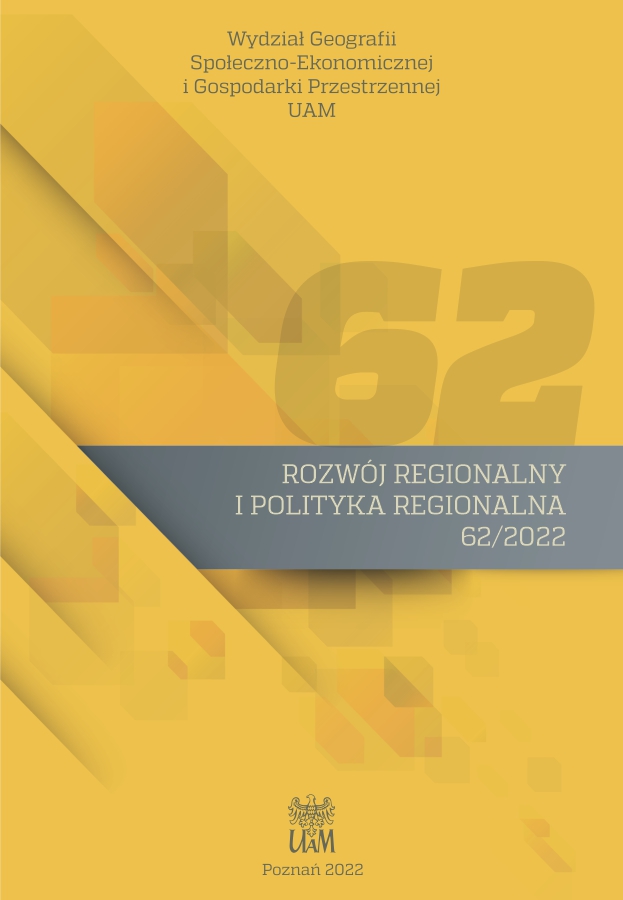Znaczenie budżetu obywatelskiego w rozwoju zrównoważonego transportu. Analiza projektów wybranych przez mieszkańców wielkopolskich miast w latach 2020–2021
The importance of participatory budgeting for the development of sustainable transport. An analysis of projects selected by residents in cities of Greater Poland region in 2020–2021
Author(s): Borys MartelaSubject(s): Economy, Socio-Economic Research
Published by: Uniwersytet Adama Mickiewicza
Keywords: civic participation; public consultations; urban policy; cycling; travel by foot
Summary/Abstract: The paper presents the results of an analysis of transport investments selected as part of participatory budgeting (PB) processes organised in 20 cities of the Greater Poland Region in 2020–2021. The study shows that, on average, around 20% of the funds related to PB projects were allocated to transport-related projects. Most of these projects lead to new infrastructure for pedestrians and cyclists. Investments concerning individual transport by car play a smaller role. This type of distribution has been observed in almost every city, including the smaller ones. These observations contradict some previous studies, according to which investments facilitating walking and cycling are more popular in larger cities with more than 100,000 inhabitants. Further research is needed to confirm whether these findings are due to regional specificities, slowly changing attitudes of residents or the short period covered by the study. Despite the high interest in walking and cycling infrastructure in all types of cities, there is a variation in the nature of these projects depending on the size of the municipality. In smaller towns and cities such projects are more often connected with sport and recreation. In Poznań, which is the largest city of the region, cycling projects have for years improved the quality and consistency of the cycling network facilitating local journeys. This trend was confirmed in another independent study. The differences between cities of different sizes and the absence of public transport projects in the PB, do not change the fact, that participatory budgeting has proved to be a mechanism fostering the development of sustainable transport. The main factor reducing this positive impact is the relatively small proportion of municipal budgets that are allocated directly by citizens.
Journal: Rozwój Regionalny i Polityka Regionalna
- Issue Year: 2022
- Issue No: 62
- Page Range: 325-341
- Page Count: 17
- Language: Polish

